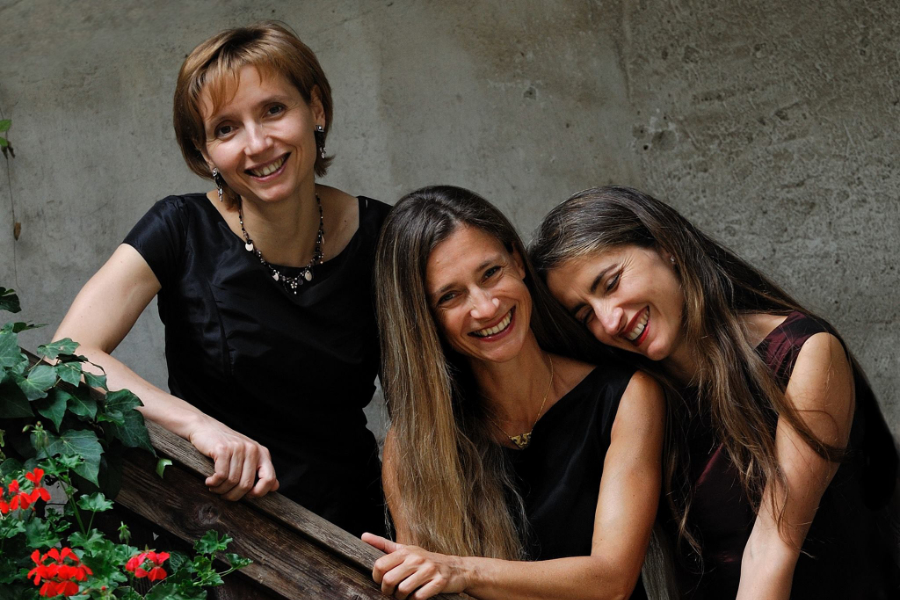The birth of polyphonic music written to texts in Italian coincides with the beginning of the period of the Trecento, i.e. the fourteenth-century proto-Renaissance. The first centres of Trecento were the cities and aristocratic courts of northern Italy, especially in Lombardy, which was susceptible to French influence. One of the new musical genres that emerged at that time was the madrigal. As part of this year’s Forum Musicum, its early forms will be presented by the excellent laReverdie ensemble.
Madrigal music in its late Medieval form was completely different from the madrigal of the 16th and 17th centuries, so it has very little in common with works composed then, for example by Claudio Monteverdi. In the 14th century, the madrigal was closely related to the poetic genre of the same name 14th – a poem with several three-verse stanzas and often a couplet appearing at the end, which received a contrasting musical setting called a ritornello. The themes of the texts varied but were mostly bucolic. They did not shy from eroticism, so surprisingly many of them contain, for example, an image of a poet peeping on girls bathing in a forest stream. And although treatises mention one-part madrigals, the surviving repertoire is intended solely for two or three voice parts, and the vast majority of them are two-part pieces. The upper voice is much more mobile, and it was probably composed first.
LaReverdie is an Italian group boasting an in-depth, research-based knowledge of medieval and early Renaissance music, as well as a vast experience in its performance. It was founded in 1986 by two pairs of sisters – Claudia and Livia Caffagni and Elisabetta and Ella de Mircovich. During the band’s virtuosic performances, its enthusiasm for the presented repertoire immediately spreads to the audience. It has performed in many European countries, including Poland, as well as producing several dozen albums awarded many times by the most important European music magazines.

